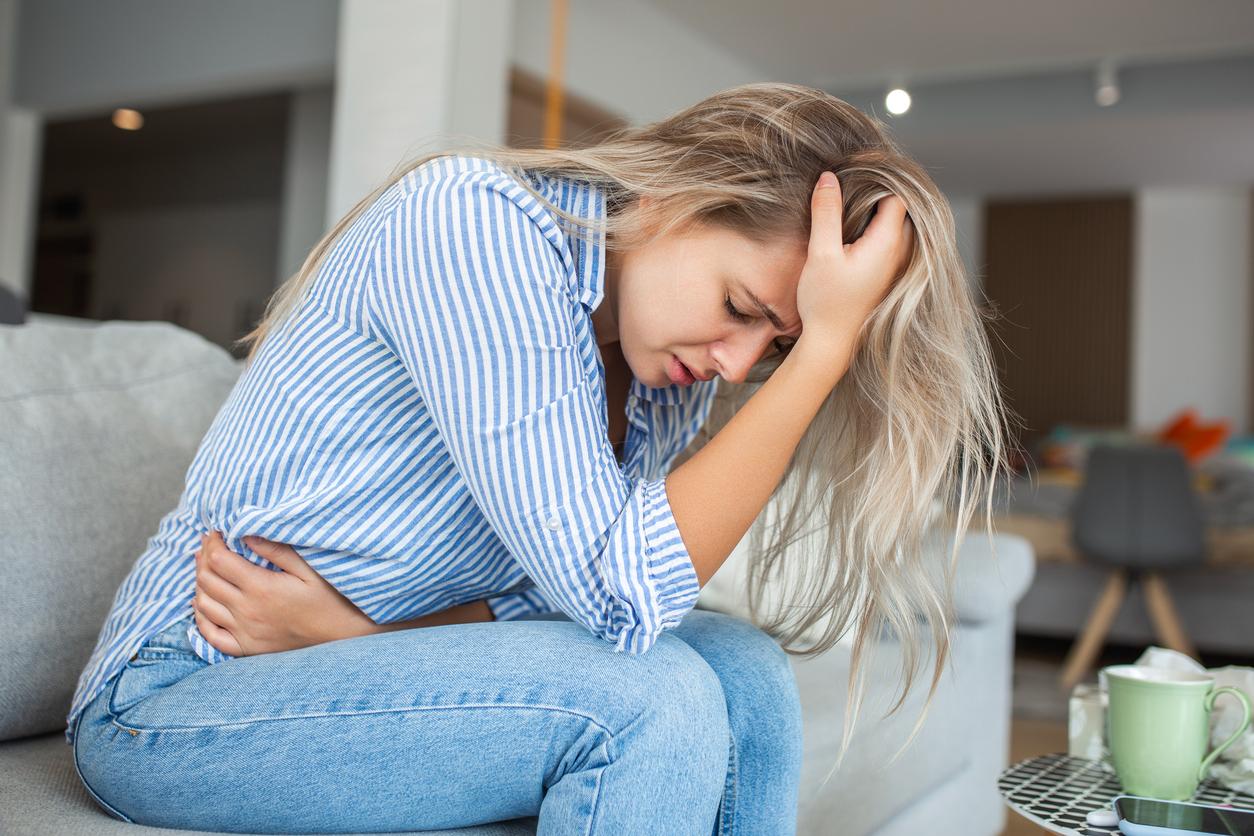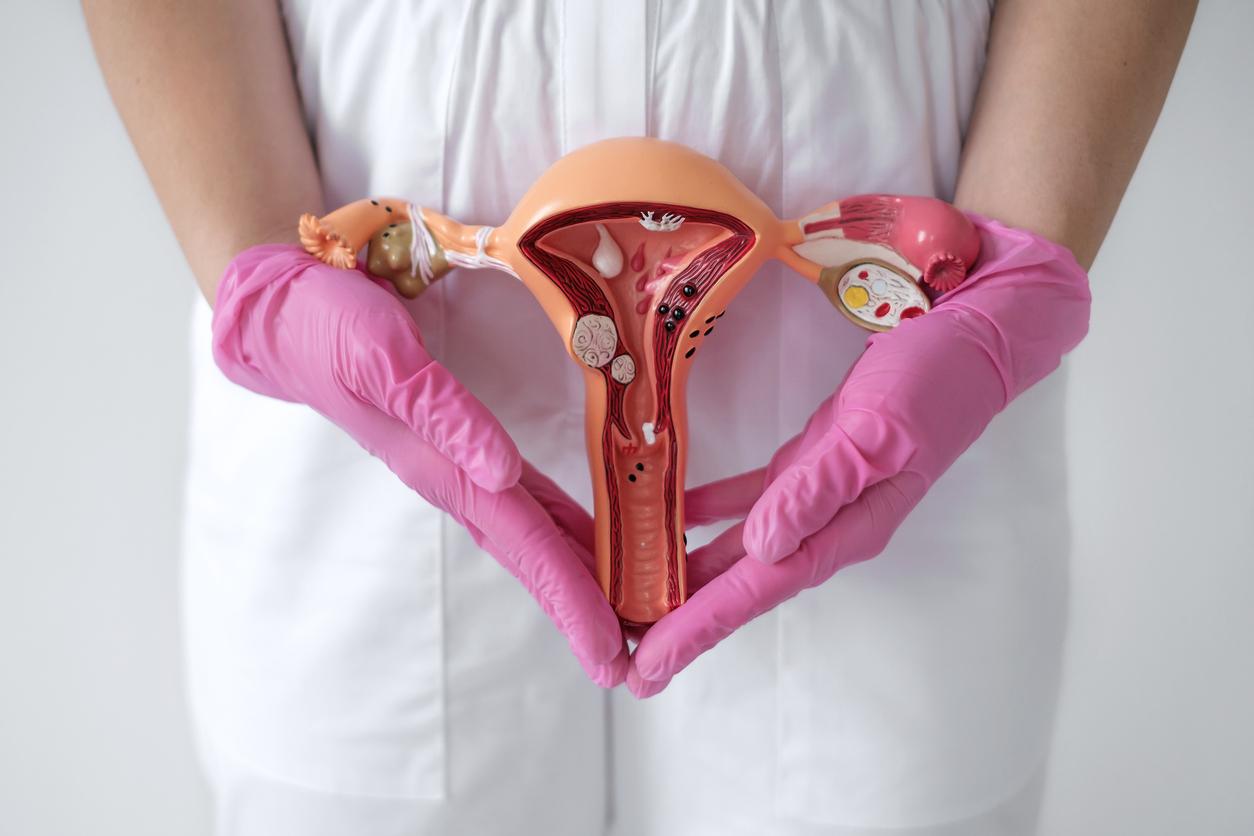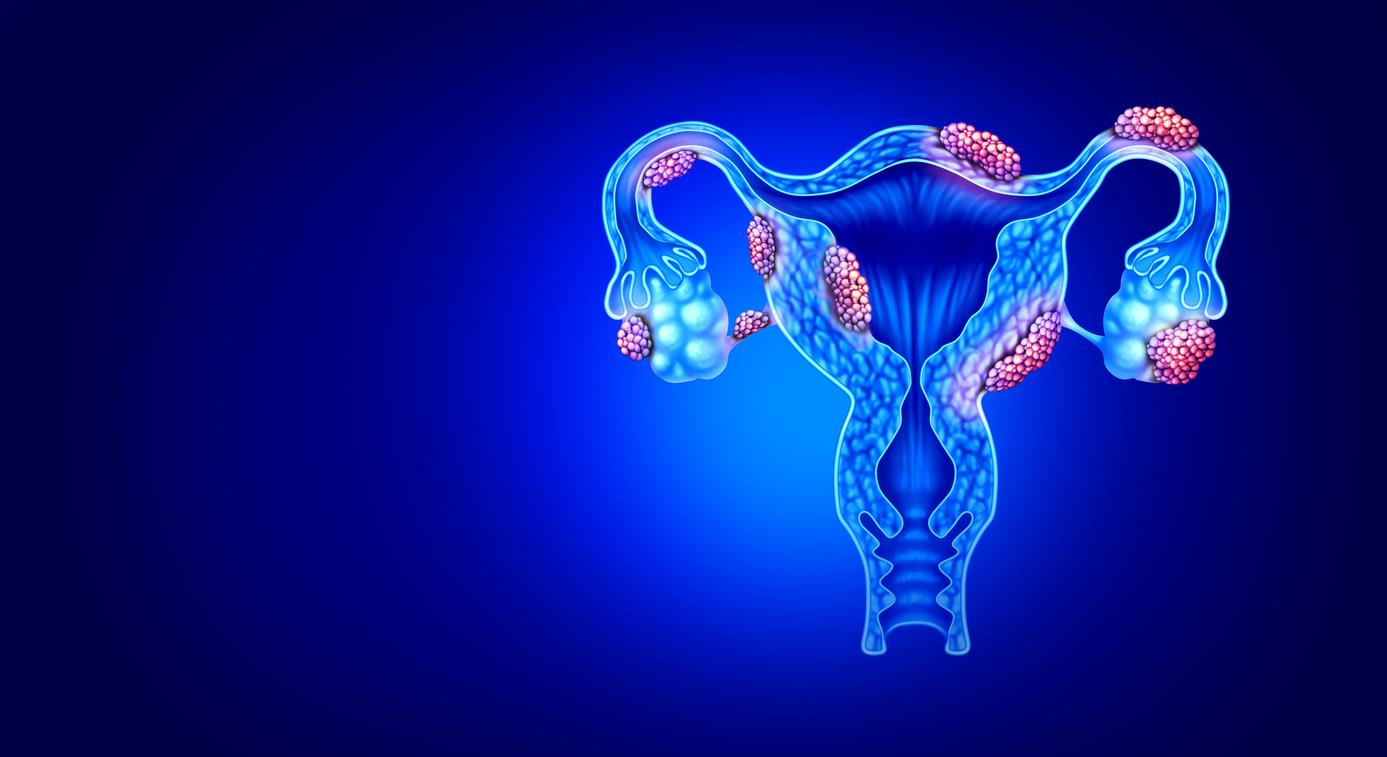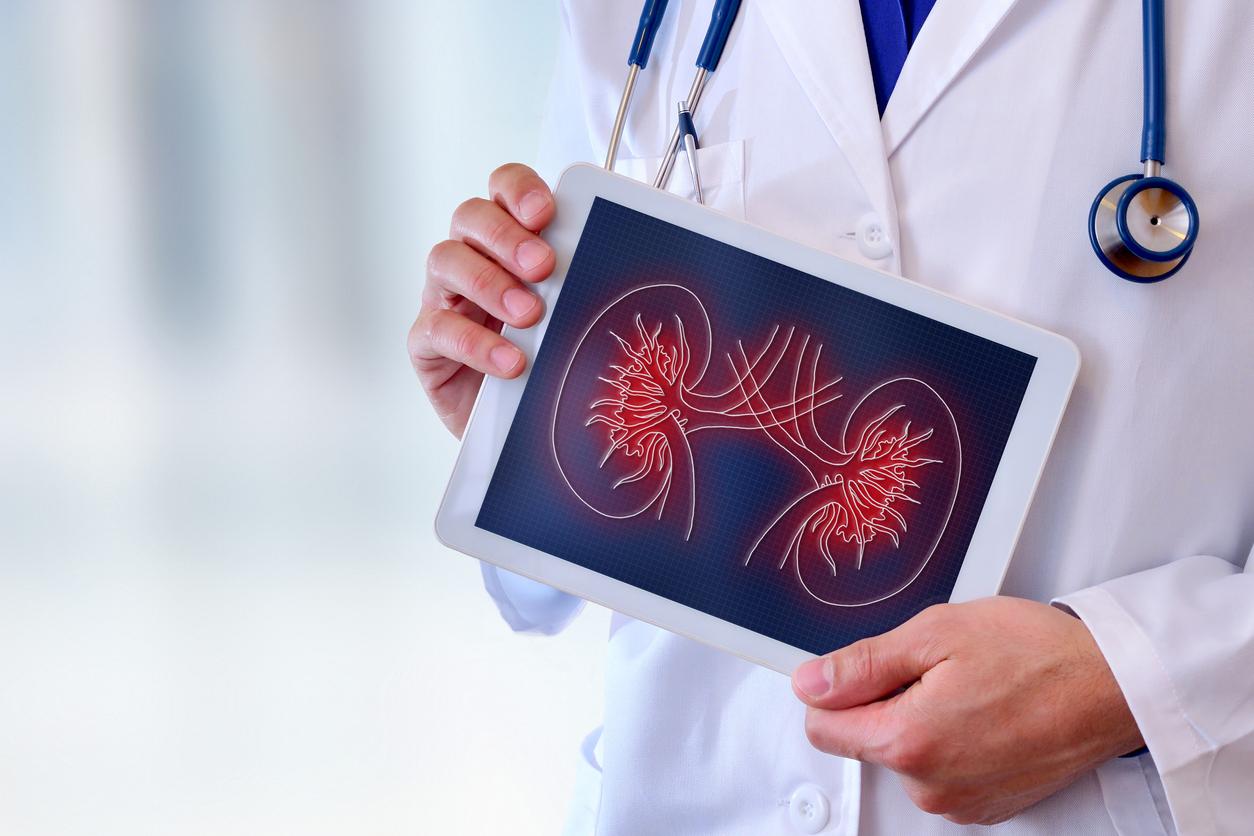Endometriosis, puberty, premenopause, uterine fibroids … the list of causes that can explain an irregular menstrual cycle is long. Why Doctor has focused here on the ten most common.
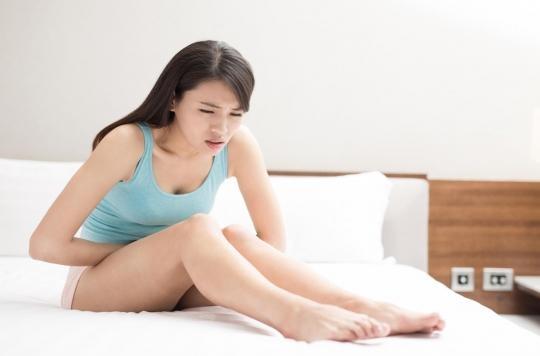
“The menstrual cycle is a cyclical activity of the endocrine function of the ovary manifested by the flow of blood for two to six days, occurring repeatedly every 28 days.” This is what your biology teacher told you throughout eighth grade. And yet, you’ve probably found that your period has varied from time to time, arriving early, late, too heavy, or strangely weak. From too intense physical activity to a thyroid problem, including endometriosis or lack of sleep, there are many causes that can explain this phenomenon. Why Doctor has listed the top ten below.
1. Puberty
Nothing is more normal than irregular cycles for a young girl who has just had her first period. Because hormone levels fluctuate wildly during puberty, teens tend to have longer or shorter menstrual cycles. A young girl’s menstrual cycle can even take six years to reach its “cruising speed”.
2. Too intense physical activity
No, this is not a myth. The sequence of very physical workouts combined with little body fat can stress your body to the point that it will send a signal to the brain to ask it to stop producing fertility hormones. Indeed, he will consider that you do not have all the conditions required to feed a baby. No worries, however, since most often everything returns to normal as soon as you calm down your training a little. If the absence of periods continues even after the physical activity has subsided, see your gynecologist: you could suffer fromamenorrhea (absence of menstruation at term).
3. Sleep disturbances
Obviously, when you jostle your internal clock, it affects reproductive hormones, influencing ovulation and menstruation. Chaotic sleep schedules also have consequences for melatonin, a hormone that influences reproduction. Also, if you live in a quirky way, remember to close the curtains in your bedroom so as not to upset your internal clock too much. The same phenomenon can affect female travelers. Indeed, the jet-lag can go so far as to stop the rules. If this happens to you, talk to your doctor.
4. Overweight
When a woman is overweight, she produces too much estrogen, which tends to cause irregular, heavy, and very long periods (over a week). More seriously, it also causes a risk of endometriosis or even cancer of the endometrium, the lining that lines the lining of the uterus. If you are concerned, see a doctor who may advise you on oral contraceptives to thin the endometrium and reduce the risk of cancer.
5. Hormonal treatment
Thyroid medications, steroids, or antipsychotics, which release dopamine, can disrupt hormone receptors and therefore affect cycles. If you are regularly late or a week ahead of time, talk to your gynecologist who will probably advise you to change your treatment with the agreement of the specialist concerned.
6. Premenopause
In the years leading up to menopause, a woman’s hormones begin to change. This cycle can last up to ten years. During this period you may experience irregular menstrual cycles: longer, shorter, no period at all or lighter bleeding. Hot flashes are of course also very common symptoms. But if you don’t have your period for a year in a row, you’ve reached menopause.
7. Endometriosis
When a woman suffers from endometriosis, tissue similar to uterine tissue grows in other parts of the body. This disease is responsible for abdominal pain, abdominal cramps, pain during intercourse and irregular bleeding. Sometimes these are so important that the patient feels like she is going through a second cycle. If you suffer from these symptoms, go to a gynecologist who will prescribe a pelvic MRI or a laparoscopy (medical examination which consists of observing the inside of the abdominal cavity, the uterus, the ovaries and the fallopian tubes) to diagnose yourself. If you have endometriosis, your gynecologist will suggest a suitable pill or surgery, depending on the severity of the situation.
8. Micropolycystic ovaries
Abnormally spaced periods (between 6 weeks and 2 and a half months between two cycles) as well as excessive hairiness and acne are all symptoms of micropolykistic ovaries, an endocrine pathology that is increasingly common due to increased exposure to endocrine disruptors. Your gynecologist will probably prescribe an endovaginal ultrasound (the probe is inserted inside the vagina) to be performed between the 3rd and 5th day of the cycle in the presence of regular cycles and in the absence of taking the pill. If you are diagnosed as having micropolykistic ovaries, your doctor may recommend that you lose weight if needed, put you on a specially-dosed pill, or, if the cysts are really very large, order surgery to remove them.
9. Thyroid problems
The thyroid is a hormone regulator in the body. Also, when something is wrong with her, it obviously affects your period. Irregular menstrual cycles can be caused by hypothyroidism or hyperthyroidism. If you are still cold, constipated, constantly tired, your period is very heavy, your skin is pale, your face puffy, your heart is beating very slowly, and you have gained unusually weight in a few weeks time, you may have hypothyroidism. On the contrary, people with the reverse affliction tend to feel very irritable, to suffer from unexplained weight loss and to be always hot, with swollen eyes, diarrhea, insomnia or even a rapidly beating heart. If you think you have a thyroid problem, go to an endocrinologist who will prescribe the appropriate treatment.
10. Uterine fibroids
These are benign tumors that settle on the wall of the uterus due to a genetic predisposition or a hormonal upheaval. They can cause very heavy and frequent bleeding and menstrual discharge. If you have uterine fibroids, you will tend to feel pressure on the pelvis with the constant urge to urinate, lower back pain, and pain during sex. If you are suffering from these symptoms, see a doctor who will order a pelvic ultrasound or an MRI. If the fibroid is really very large, surgery can be done.
Finally, in general, do not hesitate to consult if you notice that your cycles are irregular, the bleeding is too much or that you experience pelvic pain. Beyond the possible diseases listed above, rules that are too common and too heavy tend to lead to dangerous anemia in the long term. Conversely, a lack of ovulation could cause fertility problems.

.









